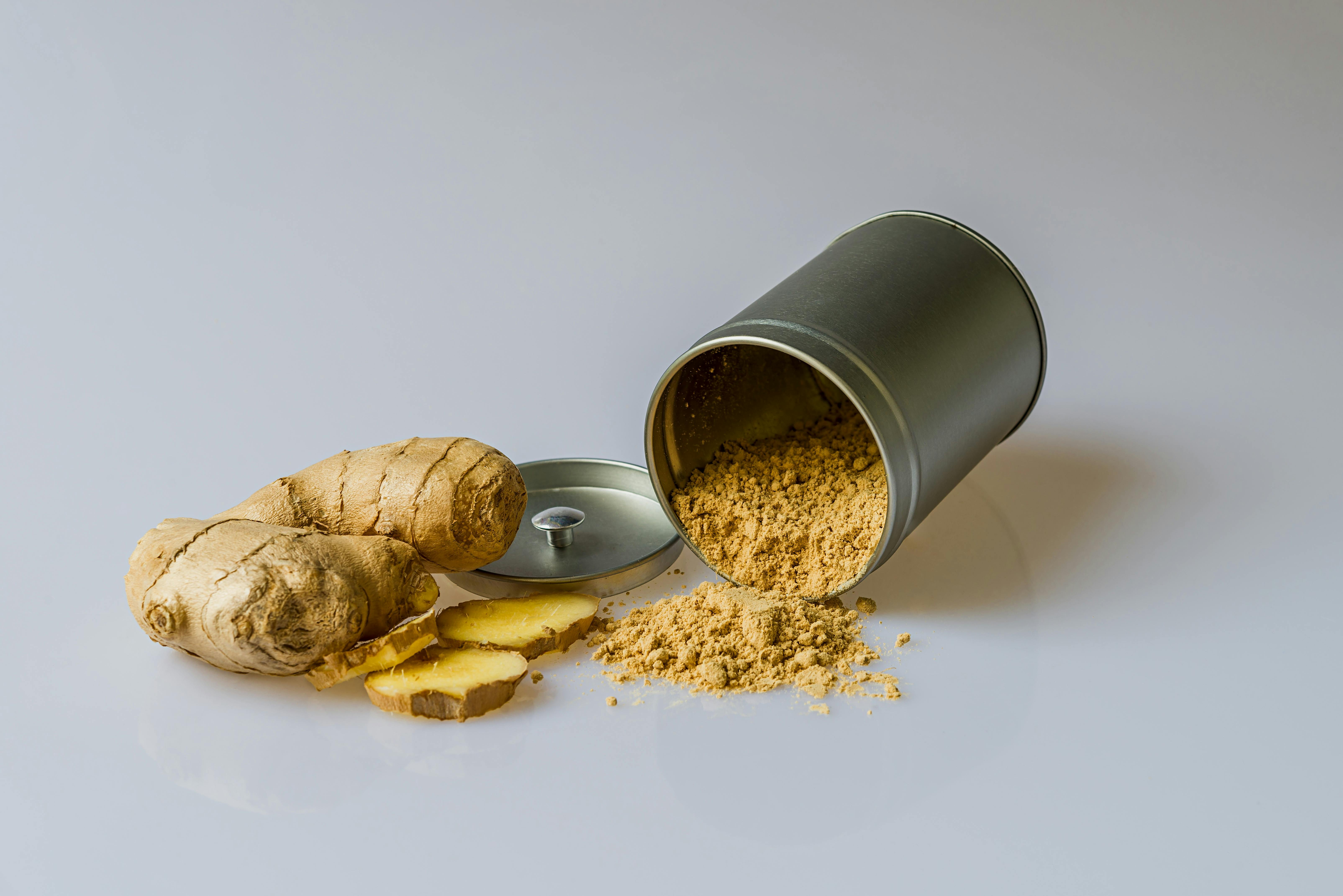Unveiling the Top 5 Ways Ginger Eases Inflammation Naturally
Ginger, a staple in traditional medicine for centuries, is renowned for its remarkable anti-inflammatory properties. This humble root, often used in culinary dishes for its distinctive flavor, holds a treasure trove of health benefits that modern science is only beginning to fully understand. Its efficacy in alleviating inflammation is particularly noteworthy, offering a natural alternative to synthetic medications. Inflammation, a common underlying factor in numerous chronic diseases, can be debilitating if not managed effectively. This article unveils the top five ways ginger naturally eases inflammation, providing insights into how this potent spice can enhance your health and well-being.
Gingerol: The Potent Anti-Inflammatory Compound

At the heart of ginger's anti-inflammatory prowess lies gingerol, a bioactive compound with powerful medicinal properties. Gingerol is primarily responsible for the distinctive aroma and flavor of ginger, but more importantly, it plays a crucial role in reducing inflammation at the cellular level. Research has shown that gingerol inhibits the production of pro-inflammatory cytokines and enzymes, which are key players in the body's inflammatory response. By blocking these pathways, gingerol effectively reduces swelling and pain, making ginger a valuable ally for individuals suffering from conditions such as arthritis and other inflammatory disorders.
Reducing Oxidative Stress

Ginger's ability to combat oxidative stress is another significant factor in its anti-inflammatory effects. Oxidative stress occurs when there is an imbalance between free radicals and antioxidants in the body, leading to cell damage and chronic inflammation. Ginger is rich in antioxidants, which neutralize free radicals and protect cells from damage. Studies suggest that regular consumption of ginger can enhance the body's overall antioxidant capacity, thereby reducing oxidative stress and its associated inflammatory responses. This makes ginger not only a powerful tool for managing inflammation but also an effective preventative measure against various oxidative stress-related diseases.